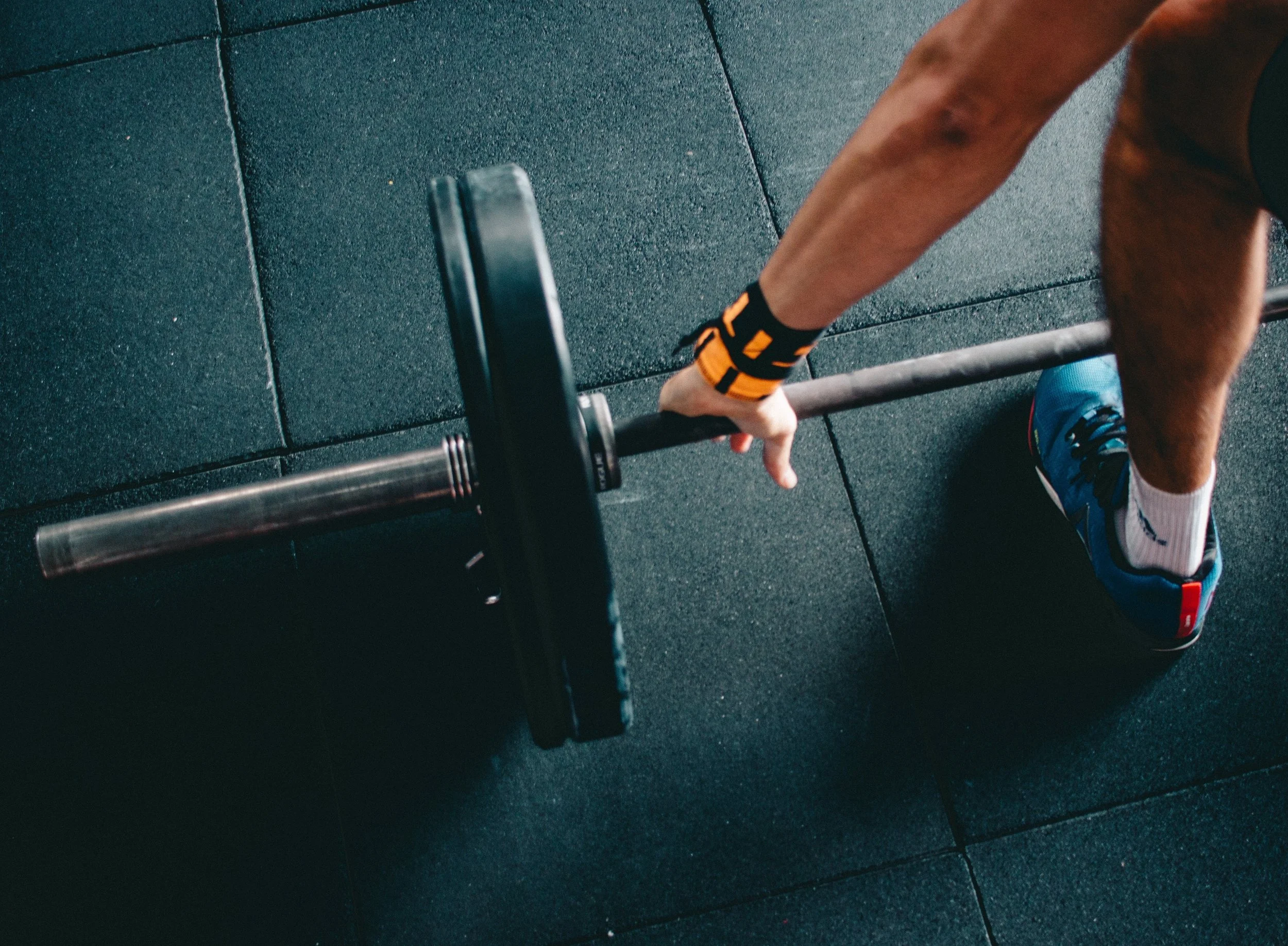Voice Teacher v. Coach v. Trainer
As someone who has been in and out of voice lessons since the age of 16, I forget that singing and/or voice training may not be a common experience for everyone, and get surprised when someone is confused about what I do for a living. I’ve had lots of practice defining what a voice teacher is - talking to bank tellers, at networking events, parties, etc. It’s not an easy quick answer.
By the way, the most common responses I get from folks upon hearing what I do: “Oh, I’ve always wanted to sing.” or “I cannot sing!” (stay tuned for my post to those responses next month!)
Over the years my definition has morphed, from voice teacher to voice trainer. My teaching style has changed too, from how I approach the craft to changing clientele. And, as science gives us new data from the Vocology field, I try to make adjustments to my understanding and teaching. First, let’s address a very frequent question:
“What is the difference between a Voice Teacher and a Vocal Coach?”
In general, a voice teacher tends to be more technical in how to make the act of singing easier, educating on anatomy while working through repertoire. Voice teachers also teach/coach on musicality, artistic expression and interpretation too. A vocal coach tends to be an accompanist who is coaching someone preparing for performance/audition. Coaches in the classical/theatre world may be giving interpretive/artistic direction, while referring the client to a voice teacher when technical issues arise - like tuning, breath management, etc. Usually, voice teachers are like coaches, whereas coaches in general don’t often have the technical background.
Why Voice Trainer?
I’ve been trying out “Voice Trainer” as a response the last couple of years. It seems to speak more to the reality of what I do in the studio. We now know that training singers is akin to training athletes, since the physicality of singing is mostly about the coordination and strengthening of different muscle groups in the body at a purely functional level. The artistry comes from shaping the sound for what kind of music (genre) is of interest. Wendy D. LeBorgne and Marci Rosenberg’s book, The Vocal Athlete, has been a guiding source for those of us teaching/training in the commercial music field today:
The Vocal Athlete and the companion book The Vocal Athlete: Application and Technique for the Hybrid Singer are written and designed to bridge the gap between the art of contemporary commercial music (CCM) singing and the science behind voice production in this ever-growing popular vocal style.
All of my clients are needing work on a muscular level. Whether it’s the rocker who has lost his voice, or the music theatre kid who is belting too loud, those two often have in common an overworking of a particular muscle or muscle group, and a weakness in another area. The beginning, or older singer may lack strength in one or more muscle groups and needs strengthening to be heard better, or to stabilize the sound to be less shaky or demure sounding.
Of course, anyone who teaches/trains singers, or who has had some voice lessons, knows that the job is complex and we can wear many hats. The elevator pitch for now:
I train singers how to make their best sound the most efficient way, and be happy with it!
The longer description for those with the interest and time:
I’m a personal trainer for the voice muscles, coordinating with respiratory muscles and facial muscles. There is strength training and there is muscle unwinding… training certain muscle groups to take a break (the eyebrows and neck muscles do not help make sound, but they often try!).
I’m a teacher of anatomy, explaining how the body works, how it is not instinctive to most people, and how singing is really not natural. I teach how the physiological act of singing gets interrupted by the psyche, or sometimes our own nervous system much of the time.
I’m a trickster… neurologically, the body will counter with muscle pulls while singing b/c it senses danger (i.e. if the larynx rises to high to fast, the body may think it’s choking). The fight/flight/freeze response often gets set off in trying to make high/loud sounds. It also can get triggered when the muscles switch gears suddenly (commonly known/experienced as a “voice break” “crack” “flip” - usually going from low to high pitches).
I’m a comforter and encourager… singing is a highly psychological activity. At a neurological level, the body fights us, and our psyche so badly wants to sound “good”. Of course, “good” is different for everyone. Renee Fleming and Dolly Parton are “good” and sound very different from one another. With different sounds, and likely different audiences, we recognize that both are extremely successful and popular singers.
I don’t know if you’ve ever had a work out session with a personal trainer. I’ve had a few. My experience is that they are training me how to notice my body, teaching me about what is happening and how to do it on my own, tricking me into doing one or five more reps, and encouraging/comforting me that I can do this. And, I always work out harder and more efficiently with better form with that direction and supervision.
Personal trainer : Voice trainer - fits, doesn’t it?
The big difference is that in my field we can actually HEAR your muscles working! All of the weird sounds that may come out are usually muscle hitches, or a show of too much/little muscle action. Often strength bases exercises for the voice are not pleasant sounding. I tell my clients to announce to the household that they are going to make sounds like a dying cat (e.g. practicing exercises). And, while people often don’t get real sweaty doing my exercises, it can happen! Singing is a physical activity. You’ll probably have to work a little more than you thought was necessary to make some changes.
If you want to sing and you’re curious how my training is different than what you imagine or have experienced, give me a shout!
Voice teachers: like me, does anyone out there feel the need to redefine what a ‘voice teacher’ is today based on your experience? What do you think about Voice Trainer?


